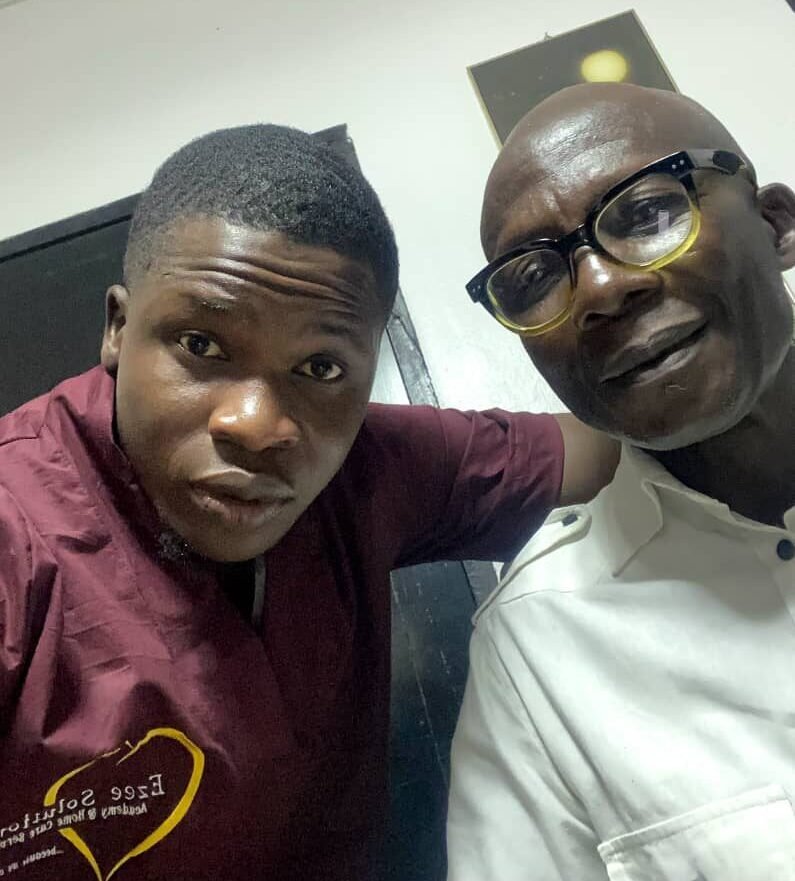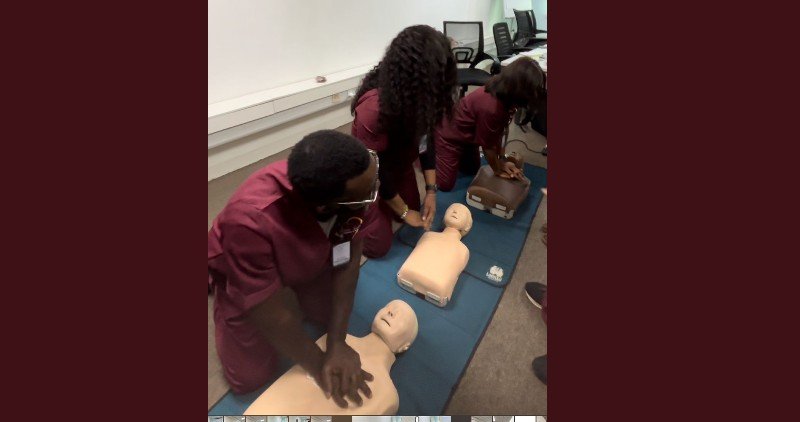The Importance of Continuing Education for Caregivers
Why Continuous Learning is Essential
1. Enhances Skills and Knowledge: Caregiving requires a wide range of skills, from basic personal care to specialized medical knowledge. Continuous education helps caregivers refine existing skills and acquire new ones, ensuring they can provide the highest quality of care.
2. Improves Patient Outcomes: Studies show that well-trained caregivers can significantly impact patient health and well-being. By staying updated with the latest practices and technologies, caregivers can implement more effective care strategies, leading to better health outcomes for those they serve.
3. Adaptability to Change: The healthcare landscape is constantly changing, with new regulations, treatment methods, and technologies emerging regularly. Continuous education prepares caregivers to adapt quickly to these changes, making them more effective in their roles.
4. Career Advancement: For caregivers looking to advance their careers, continuous education is key. By completing advanced courses, caregivers can unlock new job opportunities, increase their earning potential, and gain recognition in their field.
5. Fostering a Lifelong Learning Culture: Embracing continuous education cultivates a culture of lifelong learning within the caregiving community. This mindset not only benefits individual caregivers but also enhances the overall quality of care in organizations.
Staying Updated with Healthcare Trends
At Ezee Solutions Academy, we recognize the importance of keeping caregivers informed about current healthcare trends. Our curriculum includes advanced courses that cover various topics, ensuring that caregivers are well-prepared to meet the challenges of modern caregiving. Here are some of the areas we focus on:
Geriatric Care: With an aging population, understanding the specific needs of older adults is crucial. Our courses offer insights into managing chronic illnesses, promoting mobility, and enhancing the quality of life for elderly patients.
Pediatric Care: Specialized training for caregivers of children, particularly those with special needs or chronic illnesses, is essential. Our programs provide tools and strategies to handle various pediatric conditions effectively.
Mental Health Awareness: With the increasing recognition of mental health’s role in overall wellness, our courses emphasize understanding and supporting patients with mental health challenges.
Regulatory Updates: As laws and regulations evolve, we provide training on compliance and best practices, helping caregivers navigate the complexities of healthcare policies.
Technology Integration: In a digital age, understanding how to leverage technology for patient care is vital. We offer training on the latest healthcare technologies and telehealth practices.
Caregiving Technology & Innovation: Enhancing Care for Better Outcomes
In today’s fast-paced world, technology is transforming how we provide care, enhancing the capabilities of caregivers and improving the quality of life for those receiving care. At Ezee Solutions Academy & Home Care Services, staying informed about the latest tools and innovations is crucial to delivering exceptional service. Here’s a look at some of the most impactful technological advancements in caregiving.
1. Telehealth Solutions
Telehealth has revolutionized the way healthcare is delivered, especially for caregivers managing chronic illnesses or coordinating care for patients with disabilities. This technology allows caregivers to connect with healthcare professionals remotely, facilitating consultations, follow-ups, and monitoring of patients without the need for in-person visits.
Key benefits include:
Increased Access: Caregivers can consult with specialists who may be geographically distant.
Real-Time Monitoring: Devices such as wearable health trackers can send data to healthcare providers, ensuring timely interventions.
Reduced Hospital Visits: Telehealth minimizes the risk of hospital-acquired infections and can be more convenient for patients with mobility challenges.
2. Smart Medical Equipment
Innovations in medical equipment are making home care safer and more effective. Smart medical devices, such as digital blood pressure monitors, glucose meters, and pulse oximeters, allow caregivers to track vital signs easily and share the data with healthcare professionals.
Key advancements include:
Automated Alerts: Some devices can alert caregivers and healthcare providers if readings fall outside normal ranges.
Integration with Health Apps: Many of these devices can sync with mobile apps, providing a comprehensive view of the patient’s health and progress over time.
3. Mobile Apps for Care Management
Several mobile applications are specifically designed to assist caregivers in managing daily tasks and improving communication with healthcare teams. These apps often include features for medication management, scheduling, and progress tracking.
Notable examples include:
CareZone: This app allows caregivers to manage medications, set reminders, and track health records.
MyTherapy: A medication reminder app that helps users stay compliant with their prescriptions while tracking health progress.
Pillboxie: A user-friendly tool that helps caregivers organize medications visually, making it easier to manage complex regimens.
4. Home Care Innovations
The demand for home care solutions continues to grow, and innovations are making it more efficient and comfortable for patients. From smart home technology to assistive devices, caregivers have a range of tools at their disposal.
Innovative solutions include:
Smart Home Devices: Tools like voice-activated assistants (e.g., Amazon Alexa, Google Home) can help patients control their environment, make calls, and set reminders, enhancing their independence.
Remote Monitoring Systems: These systems allow caregivers to monitor patients’ movements and health indicators in real-time, providing peace of mind and ensuring timely assistance when needed.
5. Training and Support Technology
Technology also plays a vital role in supporting caregiver education and training. Online platforms and virtual reality simulations are becoming popular for training caregivers in best practices, ensuring they are well-equipped to handle various situations.
Key platforms include:
Web-Based Training Modules: Many organizations offer online courses focusing on topics like medication management, patient safety, and effective communication.
Virtual Reality Simulations: These provide immersive experiences for caregivers to practice skills in a controlled environment, improving their confidence and competency.
Conclusion
Continuous education is not just an investment in personal growth; it is an investment in the quality of care provided to patients. With the integration of technology into caregiving is not just a trend; it’s a necessity for improving patient care and supporting caregivers. At Ezee Solutions Academy & Home Care Services Limited, embracing these innovations allows us to provide better outcomes for our clients and ensure that caregivers are empowered in their roles. As technology continues to evolve, so will our commitment to leveraging these advancements to enhance the quality of care we provide.
By staying abreast of these developments, we can foster a caregiving environment that is efficient, compassionate, and responsive to the needs of those we serve.
Invest in your future and the well-being of your patients by embracing continuous learning—because in caregiving, knowledge truly is power.


